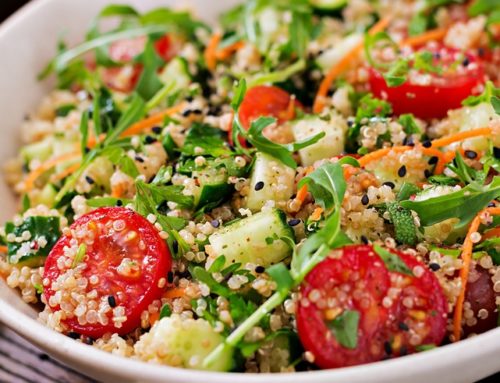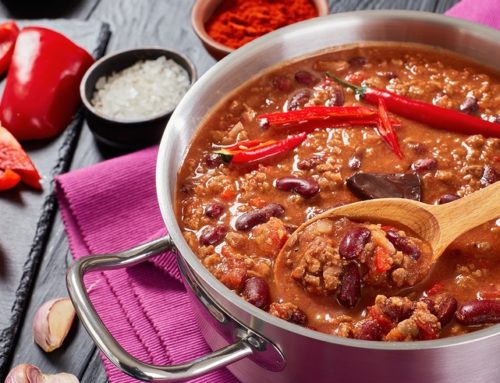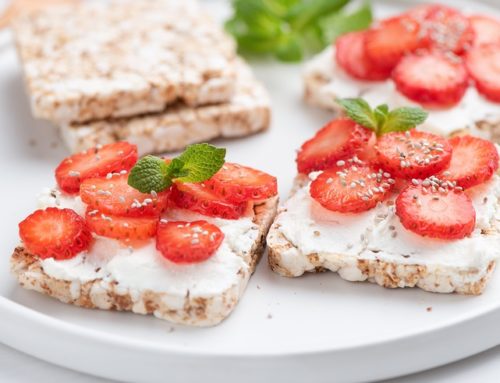Did you know that people who use food journaling when participating in a weight loss program have been found to lose twice as much weight as those who don’t? For some people, that potential alone will convince them to try it out. But if you’re still skeptical, keep reading for more reasons why you might consider giving it a go.
First of all, ‘food journaling’ is a general term, meaning any method of recording food & drinks consumed. There is no one way to do it, however the emergence of electronic food diaries like the one available on the portal, have changed the game. Simply recording everything we consume works wonders at improving dietary accountability, but now with electronic food diaries it’s also easy to see how our close we are to meeting targets for things like calories and protein.
Research has shown that perceptions often don’t match up with reality, especially when it comes to our diets. Clients sometimes tell me that they eat lots of vegetables, or plenty of protein, but come to realize how far off they are once they start to track. This is also true of estimating portion sizes, and total amount of food consumed. It is human nature to underestimate how much we’ve eaten, but it can also be what unintentionally holds us back from reaching our goals. Food journaling can take this out of the equation, and help us identify where we can make improvements in our diets.
Using a food diary is also a great way to make us more mindful when it comes to eating. The task of recording everything we eat has a way of highlighting other things about our food habits. For example, do you notice that you eat more on days of higher stress? Or on nights that you eat alone? Understanding how the environment around us impacts our diets can help us anticipate and plan better for those times.
If you haven’t yet, give our food diary a try. It might just be the jump-start you’ve been looking for!





